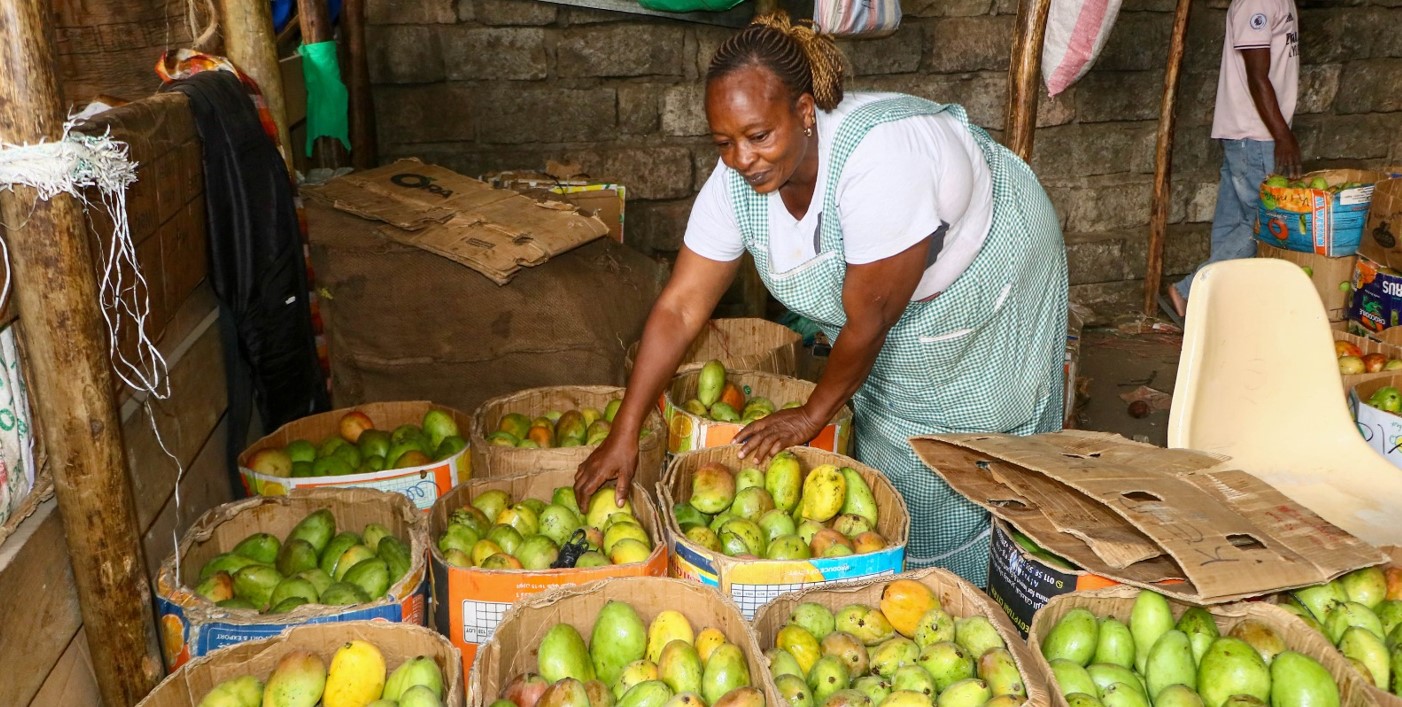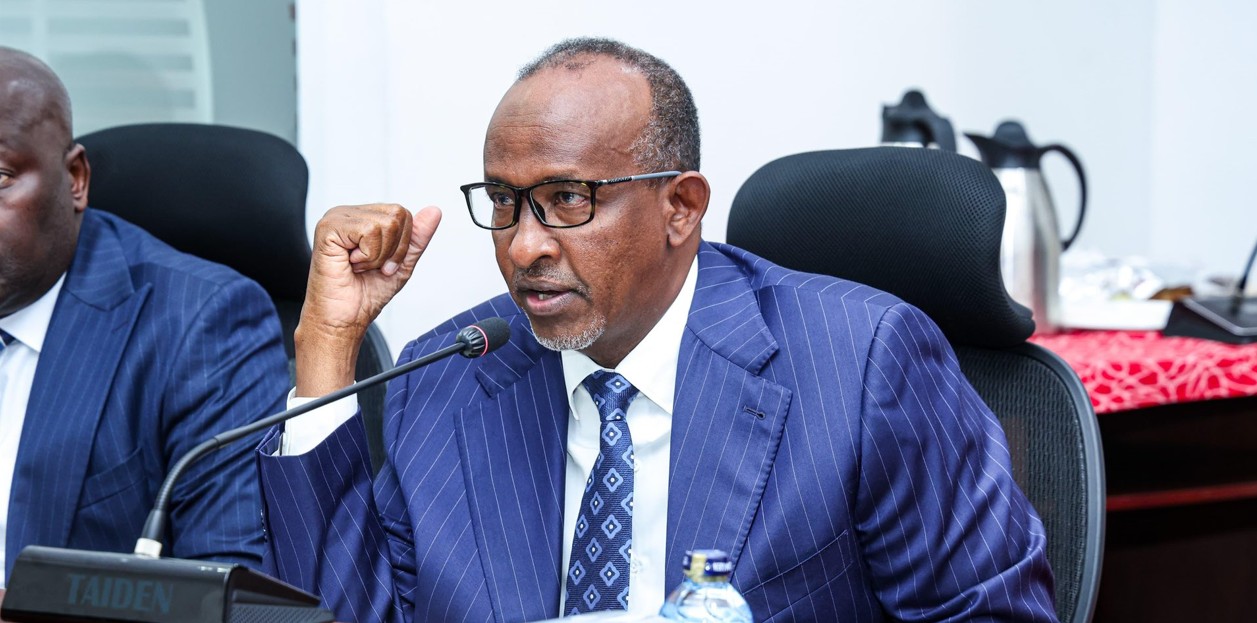Kenya's small businesses call for tangible solutions for growth, denounce global rhetoric

The challenges faced by small businesses in the country are rooted in more immediate concerns that may not be so easily addressed by the overarching global trends.
The global growth rhetoric in the business world presents a vision of improvement, driven by trends like Artificial Intelligence (AI), green transition and globalisation, promising a prosperous future for all.
This, as the world braces for transformation in the next five years, with reports highlighting how the trends are likely to drive business growth.
More To Read
- Nairobi Woman Rep Passaris faces backlash from city traders over anti-protest law proposal
- China's central bank steps up support for small, medium businesses
- Sh28 billion grant to boost over 100,000 small businesses across Kenya
- We just want to survive: Small traders plead for lower taxes, fuel prices and honest governance
- Expert calls for skills training to help struggling grassroots businesses become profitable
- Economy recovery to double lending to small businesses, experts say
These developments, however, are largely associated with big, established firms, leaving many small and growing enterprises, particularly informal ones, grappling with how to stay afloat and expand.
A survey by The Eastleigh Voice on a sample of informal businesses reveals the challenges faced by small businesses in the country are rooted in more immediate concerns that may not be so easily addressed by the overarching global trends.
While the big-ticket drivers such as AI, green transition, geoeconomic fragmentation and demographic shifts dominate the conversation about future growth, many of the small enterprises say their struggles are far more fundamental.
A small-scale cereals producer and distributor who identified himself as Victor, based in Maseno, Kisumu, says the rhetoric surrounding AI and the green transition narratives, do not align with his immediate needs today.
He says what matters most to him right now are discussions on how to improve the country's business environment by first reducing the tax burden.
"If the overburdening taxes are reduced and the cost of purchasing the components of production, or goods for resale is lowered and stabilised over the long term, it benefits predictability, which is essential for growth," Victor said.
On his part, Geoffrey Ndombi, the owner of an electronics repair and phone accessories shop in Kakamega, states that the most urgent issue which should be looked at to catalyse growth is the influence of politics on the country's business environment, which he says significantly impacts operations.
"The government should be working on policies that ensure politics of the day does not jeopardise investor preferences and decisions," Ndombi said.
"It is regrettable that we have had, in the recent past, situations where investors shun certain regions because of politics."
He adds that the outcomes of certain investors keeping off certain regions often hurt small businesses that could have benefited immensely from the operations offered by the investors.
He describes a situation where, if a large-scale supplier withdraws from the region due to political conflicts, the small businesses that rely on the supplier would struggle with the distance in accessing necessary materials and the delays in obtaining them from other towns, making the operations even more expensive.
Nevertheless, Hesbon Wangwe, a small-scale poultry farmer in Mumias, shares the same sentiments as Nbombi and Victor regarding the global rhetoric on what will drive business growth in the coming five years.
He instead says access to affordable credit is the key factor that would propel most small businesses to prosperity in the future.
Experts in the country have recently argued that such issues are not just barriers to small businesses' growth, but existential challenges that threaten the very future of their operations.
Arguably, it then becomes clear that the growing entrepreneurs are looking for more than just broad economic forecasts.
Top Stories Today












































